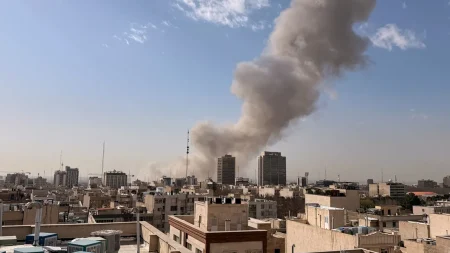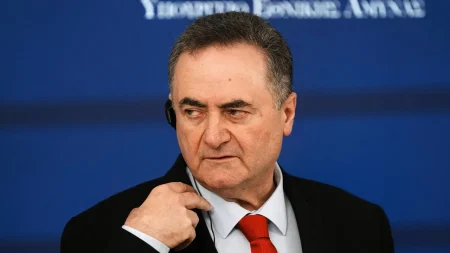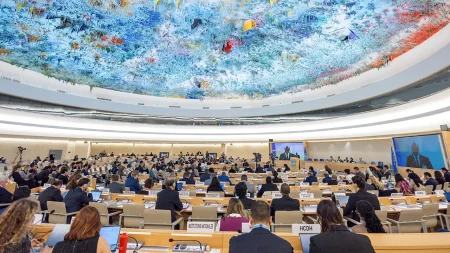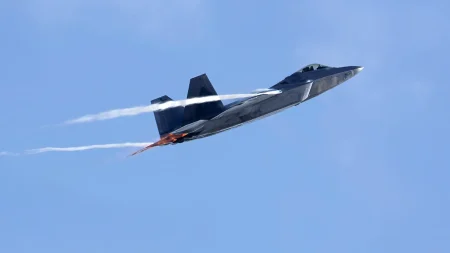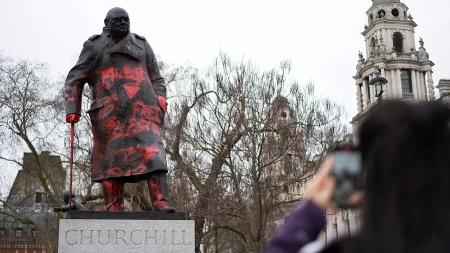In Georgia, a storm of protests erupted following the government’s suspension of its long-standing pursuit of European Union (EU) membership, a move that has sparked widespread public outcry and subsequent violent clashes with law enforcement. The demonstrations began in response to Prime Minister Irakli Kobakhidze’s ruling party, the Dream Party, halting the country’s 15-year bid to join the EU, leading tens of thousands of citizens to take to the streets of Tbilisi. The Prime Minister’s remarks reinforced the government’s hardline stance, asserting that any demonstrations that crossed legal boundaries would be met with severe repercussions. This approach has drawn sharp criticism and condemnation from both international observers and local political figures who view it as a dangerous suppression of democratic rights.
On Sunday, Georgia’s Ministry of Interior reported that over 40 individuals, including protesters, police officers, and a media member, required hospitalization due to the violent confrontations, which involved the use of water cannons and tear gas against the demonstrators. These events stand in stark contrast to Kobakhidze’s insistence that the integration process with the EU was merely being recalibrated rather than abandoned. The Prime Minister characterized the EU’s conditions as “shameful and offensive blackmail,” framing the suspension of talks as a rejection of undue pressure rather than a departure from Georgia’s European aspirations. This move was notably timed with the European Parliament’s condemnation of Georgia’s recent general elections, which were labeled as unjust and compromised.
The descent into unrest reflects deeper chords of discontent among Georgians who have long relied on Western support ever since the country declared independence from the Soviet Union in 1991. Georgia’s historical aspiration to align more closely with Europe has been challenged particularly by the Dream Party’s increasingly authoritarian policies and its perceived shift towards pro-Russian sentiment under Kobakhidze, a businessman with ties to Russia. The backdrop of these protests includes the haunting memories of the Russian invasion of Georgia in 2008, which have entrenched fears of slipping back into Moscow’s sphere of influence, especially amid the ongoing conflict in Ukraine.
The reactions from European Union officials have been unequivocally critical of the Georgian government’s recent decisions. EU Foreign Policy Chief Kaja Kallas and Enlargement Commissioner Marta Kos expressed grave concerns about what they termed a “continuous democratic backsliding” within Georgia. They emphasized the importance of upholding the rights to peaceful assembly and expression and urged the government to refrain from violent repression against protests. Their statements highlighted a significant shift away from previous government policies that aligned with the aspirations of the Georgian populace as enshrined in the country’s constitution.
The U.S. government echoed these sentiments, condemning both the police brutality against peaceful protesters and the decision to suspend EU talks as fundamentally at odds with Georgia’s commitments to European integration and NATO membership, as promised to its citizens. The State Department asserted that this retreat from EU accession jeopardizes Georgia’s autonomy and increases vulnerability to Russian influence. The U.S. stance sought to defend the democratic rights of Georgians and reiterate support for their aspirations toward Europe.
In response to international criticism, Kobakhidze downplayed the significance of U.S. comments, framing them as an effort by the outgoing Biden administration to complicate matters for the incoming administration. He expressed confidence that dialogues could be re-established in due course. This strained interaction illustrates the broader geopolitical challenges facing Georgia, caught between the aspirations of its people for a European future and the looming shadow of Russian geopolitical interests. As tensions continue to rise, the path ahead for Georgia and its citizens remains fraught with uncertainty, reflecting the critical balance between governance, public sentiment, and international relations.







